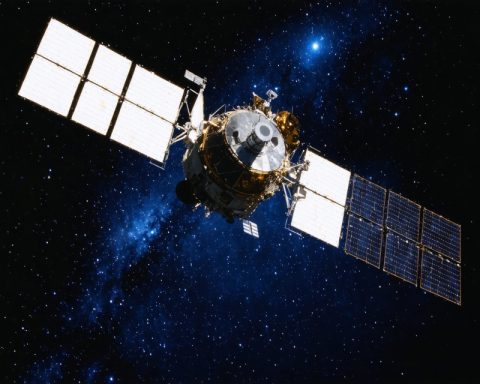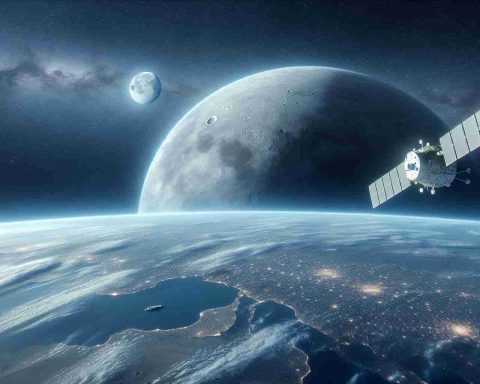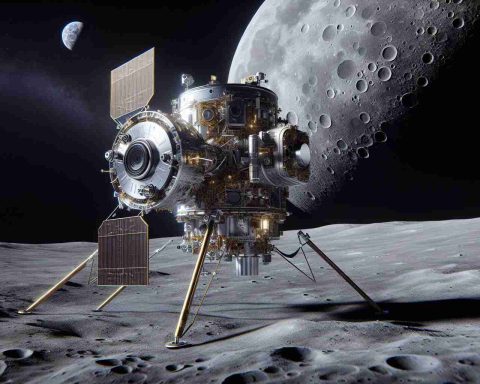Lunar Exploration
Lunar Exploration refers to the study and investigation of the Moon's surface, composition, and environment through various scientific missions and technologies. This field encompasses a range of activities, including unmanned robotic missions, orbiters, landers, and crewed missions designed to gather data about the Moon's geological features, resources, and potential for human habitation. Lunar exploration aims to expand our understanding of the Moon's history, its formation, and its role in the solar system, as well as to prepare for future human exploration and possible colonization. Historically, notable efforts in lunar exploration include the Apollo missions by NASA, which successfully landed astronauts on the Moon, and various robotic missions by other space agencies, such as the Lunar Reconnaissance Orbiter and China's Chang'e program. As interest in returning to the Moon grows, particularly for resource utilization and as a stepping stone for deeper space exploration, lunar exploration continues to be a critical area of space science and technology.











